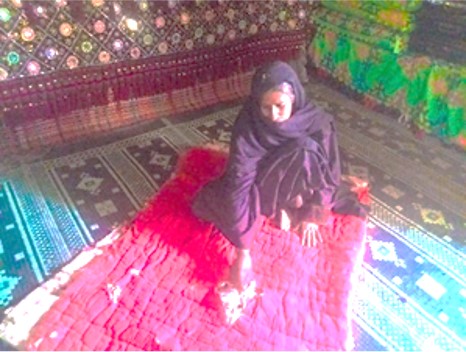The drought in Balochistan has affected over 4.4 million people, particularly women and children who remain in dire need of health interventions in the communities with high incidence of communicable disease. As per the NDMA Assessment Report of October-November 2018, the crisis has led to an alarming rise in the rate of suicidal tendency among women.
With an aim to complement Government efforts in providing immediate lifesaving and life-sustaining assistance, Muslim Aid Pakistan (MAP) has adopted an Integrated Multisector Response Approach to tackle the effects of drought in 25 villages across three Union Councils (UCs); Ziarat Balanosh, Amuri, and Nokundi of District Chagai, located north-west of Balochistan. MAP has reached out to a total of 8,968 individuals directly and 9,600 indirectly, through an integrated response in Water, Sanitation & Hygiene (WASH), and Food Security. In this regard, Muslim Aid Pakistan, in partnership with UN-OCHA, implemented the Pakistan Humanitarian Pool Fund (PHPF) Program working on an integrated approach with women in the community.
Hygiene tool kits were distributed in women older than 15 years of age, followed by a training on their use and an elaborate hygiene session to provide information on reproductive health, critical hand washing times and techniques, menstrual cycle, and good menstrual hygiene. The sessions dispelled misinformation and superstitions about menstruation and hygiene and worked on building women’s capacity for safe and hygienic practices.
“When I would get my period, I stayed home until it ended. It’s the same here for all menstruating women. They are not allowed near other people because they are considered unclean. For managing the menstruation, we have been using rags or leaves,”
— Fatima Bibi
An absence of toilets and poor menstrual hygiene posed grave health risks to the community. MAP reached out to Fatima Bibi’s village with its integrated approach as part of the drought response project. Female social mobilizers of MAP led sessions on proper hand washing, health, and hygiene practices, and use of sanitary pads or cloth during menstruation. “Even our mothers refuse to talk about menstruation with us out of shame. But MAP’s session has made us more knowledgeable and confident to talk about the subject. Now everyone knows what menstrual cycle is about.
.
.

